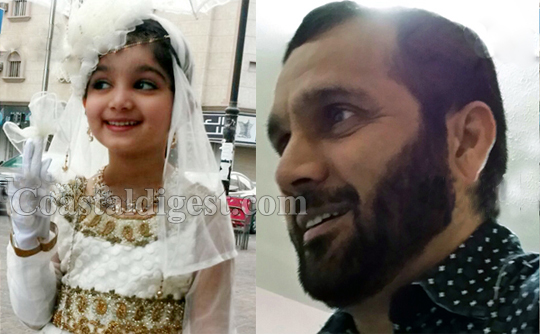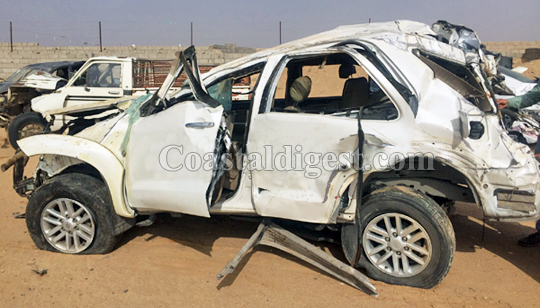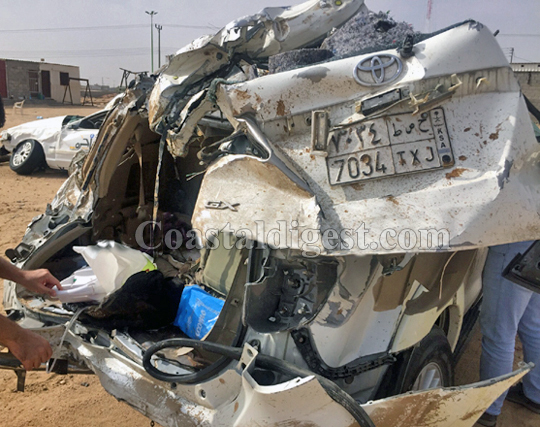Bengaluru, Feb 5: Despite installing a BJP government in Karnataka through disguised operation Kamala, the Prime Minister Narendra Modi-led union government has continued its step motherly attitude towards this south Indian state.
Under the new formula adopted to share central taxes among states Karnataka will be the worst-affected. Though the 15th Finance Commission has recommended a special grant of Rs 5,495 crore for the state for 2020-21, the Centre appears reluctant to pay up and instead has asked for the proposal to be reviewed.
During the Union budget, the report of the 14th Finance Commission headed by NK Singh for 2020-21 was tabled in Lok Sabha. It shows besides Karnataka, Telangana, Mizoram and Kerala saw their central tax share decrease, while Uttar Pradesh, Bihar and Maharashtra were top gainers.
Karnataka's share has decreased from 4.7% provided by the previous finance commission, to 3.6%. Acknowledging there is a steep decline in Karnataka's share from 2019-20, the finance commission has recommended a special grant of Rs 5,495 crore for the state.
Its share in 2019-20 was Rs 36,675 crore, but under the new formula, Karnataka will get only Rs 31,180 crore in 2020-21 from the divisible pool of Rs 8.5 lakh crore - a decline of 22.5%.
Also, the decrease for Karnataka comes on the back of a shortfall in 2019-20. While the state was entitled to Rs 39,806 crore from the divisible pool, it got only Rs 36,675 crore as the Centre suffered a tax revenue shortfall of Rs 1.5 lakh crore.
What is more disheartening though is the Centre's refusal to pay the special grant. Instead, the Union finance ministry has asked the finance commission to reconsider the recommendation. This has prompted the state to take up the issue with the Centre.
"The decline in central taxes devolution comes at a time when the state is going through a tough financial situation. Steps are being taken to ensure Karnataka gets justice," said chief secretary TM Vijay Bhaskar.
Officials said besides corrective measures for 2020-21, the focus will be on ensuring a fair share in subsequent years. However, Karnataka has little chance of getting its dues as the Centre is known to be prudent when distributing tax proceeds among states.
"The Centre has certain views on devolution. We have done our duty by submitting the interim report. It's up to the states to convince the Centre," said Ravi Kota, joint secretary of 15th Finance Commission.
Under the new formula, the commission changed the weightage for some of the six criteria it considers - population, area, forest cover, income distance, demographic performance and tax effort.










Comments
As an old resident of Jubail I know Fayaz Bhai (Owner of Irwa Text) since long time. He is of great nature, soft spoken and nice personality. May Allah rest his soul in peace and give courage to his family to pass this difficult time. Ameen...
As a long resident of Jubail, the news of Fayaz Bhai's demise has shocked and I am sure it would shock many more like me. I know Fayaz Bhai (owner of IRWA Ready Made Garment Shop located in Jubail) since many years. He is of great character and soft spoken personality. May Allah rest his and his daughter's soul in peace and give courage to family members specially to his wife and kids to pass this difficult time...Ameen
Inna lillahi wa inna ilaihi raajiwoon.. may allah forgive their sins n grant them Jannah......such a sad news....
Inna lillahi wa inna ilahi rajihoon. May their soul rest in peace. Ameen
Inna lillahi wahinna raajihoon ..
Innalillahi wa inna ilaihi raji oon.
Saudi has to plan for train facilities for long distance trips.
Driving more than 1200 kms @ speed 120 - 140 and without proper place to rest is not at all easy. this is serious issue. thousands die in road accidents, long drive, accident due to sleepy drivers. some urgent and reckless drivers causing accidents. installing cameras and earning money on speed cars by traffic dept isn't enough. there should be a plan to stop such risky drivings.
train service can save 90% of lives which lost in road accidents in Saudi. Still Saudi isn't caring on this issue. may be they will plan after 25 years same like what they did in case of metro train.
Add new comment